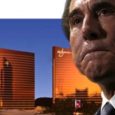
Interior finally acts on East Windsor casino amid probe into alleged political interference into the tribal project
A project for the construction of a tribal casino in East Windsor, Connecticut finally cleared a federal hurdle on Thursday. However, securing federal go-ahead is far from the final obstacle before the plan as the state Legislature is mulling the opening of a bidding process for a larger-scale casino at a different location.
Connecticut lawmakers authorized in 2017 the state’s two federally recognized tribes to build a joint satellite casino on non-reservation land in East Windsor in a bid to blunt competition from MGM Springfield in neighboring Massachusetts and keep gambling money in Connecticut. The Mohegan Tribe and the Mashantucket Pequot Tribe each already operate a casino in the state.
Among other things, each of the two tribes needed individual approval from the U.S. Department of the Interior’s Bureau of Indian Affairs to be able to move ahead with their joint casino project. The federal government agency had to determine whether the amendments that would be implemented in the two tribes’ compacts with Connecticut would violate an existing deal between those tribes and the state.
The deal requires the tribes to contribute 25% of their slot machine revenue to the state. The Mohegans and the Masantucket Pequots get the exclusive right to operate casino gambling in exchange for their revenue contributions.
Hasty Reversal of Course
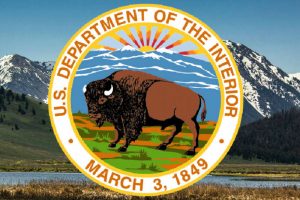
The federal government agency has faced criticism and accusations that its former Secretary Ryan Zinke and the Trump White House were lobbied by Las Vegas casino giant MGM Resorts International to keep the tribal casino project on ice.
The Mashantucket Pequot Tribe and Connecticut have filed a lawsuit against Interior, claiming that its refusal to act on the casino plan was “arbitrary and capricious” and was driven by improper political interference. A federal judge revived the lawsuit last month, but the tribe is now expected to drop it. A notice on Interior’s approval of the project is to be published today in the Federal Register.
While the two tribes have practically cleared the biggest hurdle before their project, the effort to bring a casino in East Windsor is far from over. Lobbied by MGM, state lawmakers are spearheading a bill that, if approved, would launch a bidding process for the development of a larger-scale casino in Bridgeport. The bidding process would be open to non-tribal, out-of-state bidders.
MGM has revealed plans for a hotel and casino resort on the Bridgeport waterfront that would create at least 7,000 jobs. The company is also the owner of the MGM Springfield property that Connecticut wants to blunt competition from.
A potential authorization of the Bridgeport plan would threaten the state’s current revenue sharing compact with its two tribes. The tribes have said that they would stop contributing revenue to Connecticut, if the MGM-spearheaded casino project gets the go-ahead as it would practically put an end to their exclusivity over casino gambling in the state. On the other hand, MGM said Thursday it could sue Connecticut if it opts for the tribal casino project over the one for Bridgeport.
Follow us on Facebook and Twitter to stay up to date on the day’s top casino news stories.



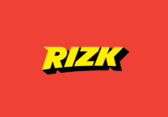

















 Department of Interior Clears Way for Tohono O’odham Nation’s Full-Scale Casino Plan
Department of Interior Clears Way for Tohono O’odham Nation’s Full-Scale Casino Plan
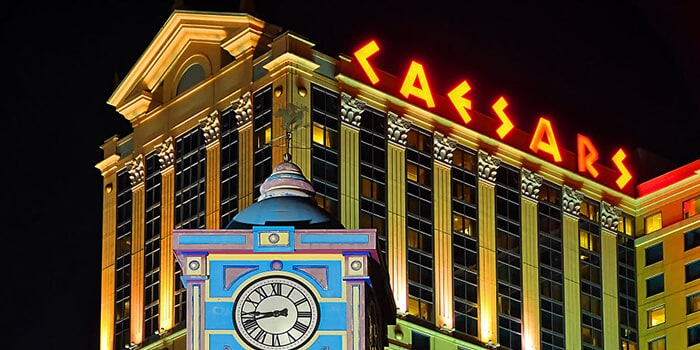 Atlantic City Casinos Guide
Atlantic City Casinos Guide
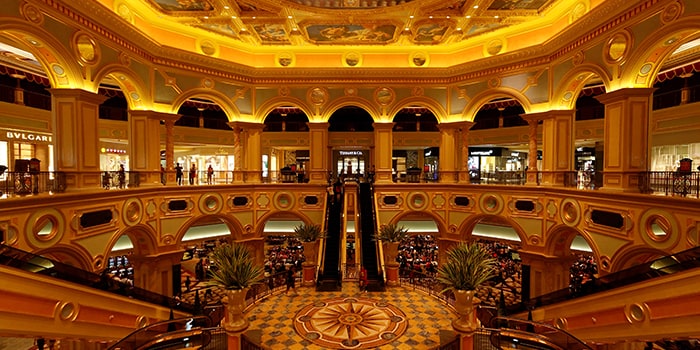 World’s Most Famous Casinos
World’s Most Famous Casinos
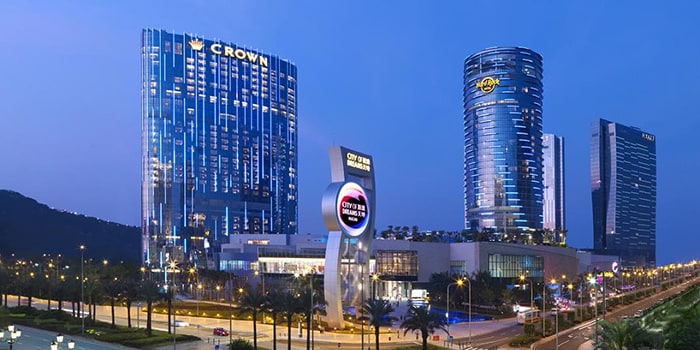 Macau Casino Resorts
Macau Casino Resorts

